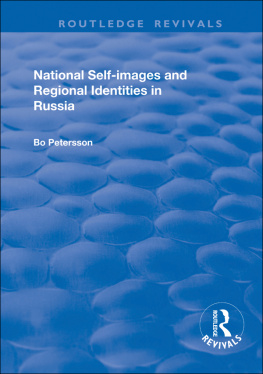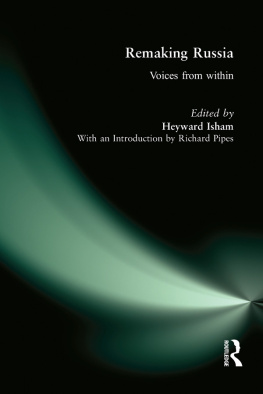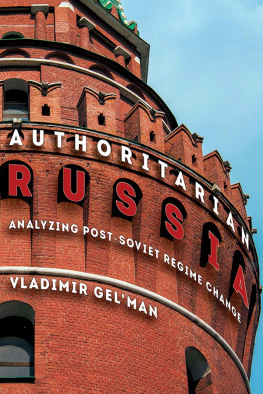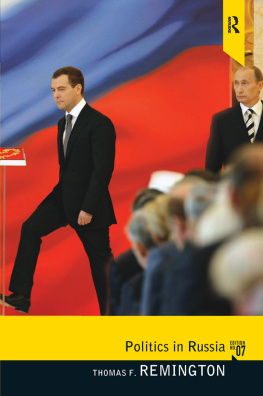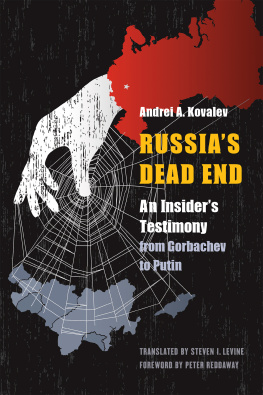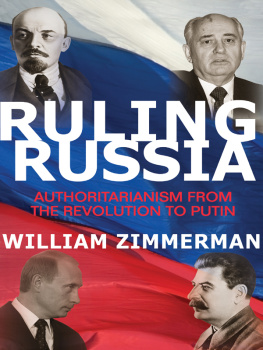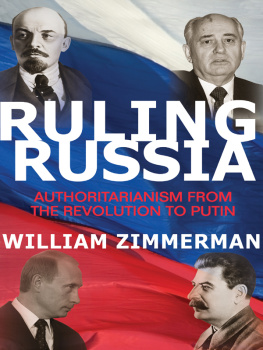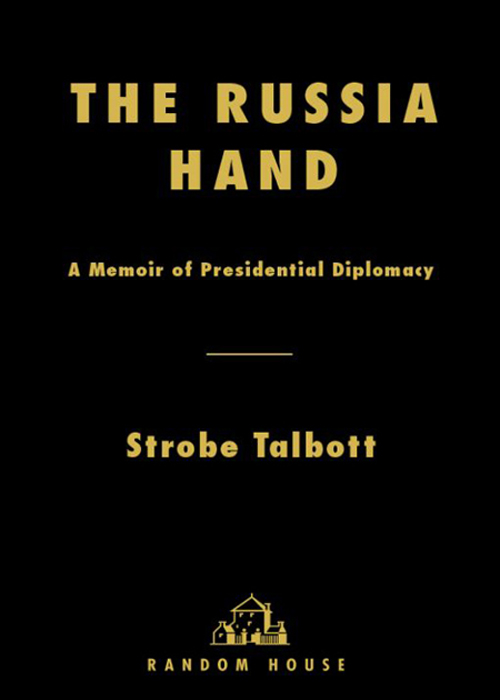

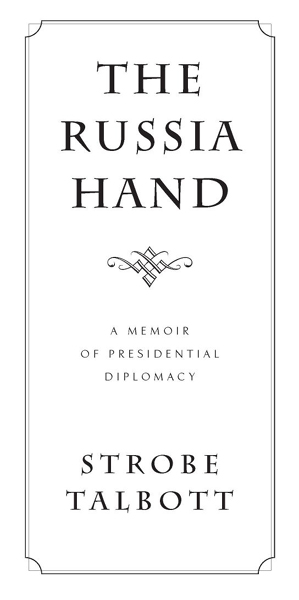
Table of Contents
TO BROOKE, DEVIN AND ADRIAN

PRAISE FOR The Russia Hand
Talbotts book is a fascinating memoir of a weirdly unpredictable world.The New York Review of Books
Strobe Talbott has written a wonderfully rich and revealing account of the turbulent relationship between the U.S. and Russia during the first postcold war years. Colorful, full of surprises and intimate portraits of the key people involvedby a man who was at the center of it allthis book is and will remain essential for any understanding of this critical and even dangerous period. ELIZABETH DREW
A savvy insiders account of the diplomatic twists and turns of U.S. Russia relations in the 90s, Talbotts anecdote-stuffed book is a treasure trove for Russia specialists. But it will also fascinate anyone with an interest in the personal dynamics of statecraft. BusinessWeek
TheRussiaHand is easily one of the best memoirs of presidential diplomacy ever written. With his great command of history, gift of language, sense of detail and eight years at the center of American foreign-policy making, Strobe Talbott has brought us a fascinating, often surprising account of a historic and pivotal period. The Russia Hand shows us what a complex and impressive achievement it was for the United States to build a lasting relationship with its old enemy of half a century. When historians begin to assess the presidency of Bill Clinton, this book will be basic and mandatory reading. MICHAEL BESCHLOSS
A fascinating portrait of diplomacy as it really works (and sometimes doesnt), written with clarity and grace by a wise man. EVAN THOMAS

Once again Strobe Talbott has written an important and insightful diplomatic history. This richly crafted book, the first authoritative inside account of President Clintons personal diplomacy with Russian presidents Boris Yeltsin and Vladimir Putin, could have been written only by Talbott, with his reporters eye for the telling anecdote, his deep knowledge of Russia and his intimate personal involvement in the events he describes. HEDRICK L. SMITH
I read [TheRussia Hand ] as if it were a detective novelI was unable to put it down until late in the night, picked it up again first thing in the morning, and didnt stop until I had finished. ANNE APPLEBAUM, Slate
Readers will... relish Talbotts intimate portraits of the two leaders, down to the challenging task of maneuvering around Yeltsins flagrant alcoholism. Salon
Talbott... is a keen and insightful observer as well as a key player in the story. Anyone interested in U.S.Russian relations will find his new book a source of riches. BookPage
Talbott brings to the task his abundant reportorial skills, producing voluminous previously undisclosed details on the management of our relations through multiple crises, from NATO expansion to the war with Serbia over Kosovo. SanJose Mercury News
This lively memoir, based largely on the authors diaries, gives a vivid picture of the frenetic pace and frequent jet lag of the Clinton administration as officials juggled many competing issues in unexplored policy territory. LibraryJournal
This is not just a contender for being the best recent memoir of a political insider; it is also unique, a book of instant history and analysis that is so close to the action and the key players, and so deeply informed, that only Talbott could have written it.... This is as honest as it is useful, a very rare book indeed. UPI Newswire
CHAPTER 1

THE HEDGEHOG ANDTHE BEAR
TRINCULO: A howling monster; a drunken monster!CALIBAN:... Freedom, high-day! high-day, freedom!... STEPHANO: O brave monster! Lead the way.
The Tempest
AT NOON ON Monday, June 5, 2000, Bill Clinton and Vladimir Putin emerged from the Czars Entrance of the Grand Kremlin Palace. While they paused for a moment in the sunshine, I hovered behind them, trying to catch anything of significance that passed between them as they said good-bye. But at this moment, which brought to an end the official portion of Clintons fifth and final visit to Moscow as president, the nuances were all in the body language: the burly Clinton looming over the welterweight Putin, the ultimate extrovert still trying to connect with the coolest of customers who just wasnt buying.
As they shook hands one last time, I pocketed my notebook and hustled down the steps to take my place on a jump seat in the rear of the armored Cadillac that had been flown in from Washington for the summit. John Podesta, Clintons chief of staff, and Sandy Berger, his national security adviser, were already on the seat behind me, crammed together to leave plenty of room for the president. Once Clinton had settled into place, he looked out at Putin through the thick bullet-proof window, put on his widest grin and gave a jaunty wave.
As the limousine pulled away from the curb and sped across the cobble-stone courtyard, Clinton slumped back and a pensive look came over his face. Usually he found these events, including the ceremonial sendoffs, exhilarating. Not this time. The talks over the past three days had been inconclusive, not so much because the two leaders had been unable to agree as because Putin had not even tried. Clinton had come to Moscow hoping to make progress toward a number of objectives: reconciling a new American missile-defense program with long-standing arms control treaties; coordinating U.S. and Russian diplomacy in the Balkans; ending Russian military assistance to Iran. Clinton had also registered concern over Putins domestic policies, especially the crackdown hed launched against the leading independent television network, the deals he was cutting with the communists at the expense of reformist parties and the war he was waging in Chechnya.
On all these issues, Putin had given Clinton what was calculated to seem a respectful hearing, but Clinton knew a brush-off when he saw one. Missile defense was a complex problem, Putin had said with a mildness of tone that belied the firmness of his message: precipitous American deployment would jeopardize Russias interests and provoke a new round of the arms race. As for the targets of his get-tough policy, they were criminals, not champions of democracy and free speech. And Chechnya was a nest of terrorists; Americas own international Public Enemy Number One, Osama bin Laden, had contributed to the infestation there, so the U.S. should be supporting Russias campaign against a common enemy. On all these subjects, Putin urged Clinton to rethink American policy and the assumptions on which it was based.
Clinton felt patronized. It was no mystery what Putins game was: he was waiting for Clintons successor to be elected in five months before deciding how to cope with the United States and all its power, its demands and its reproaches. Putin had, in his own studied, cordial and oblique way, put U.S.-Russian relations on hold until Clinton, like Putins predecessor, Boris Yeltsin, had passed from the scene. Realizing that, Clinton had even more to think about as he headed toward the western outskirts of Moscow, where Yeltsin was now living in retirement.
Next page

